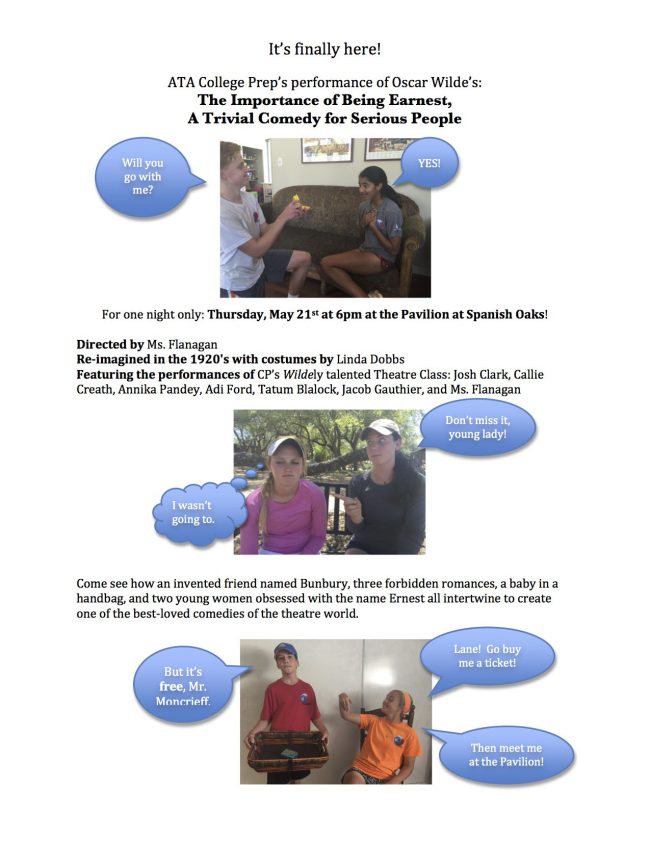LIFE IS LIKE A PRISM
Life is like a prism.
The way you see it depends on which side of the glass you are looking through.
When light hits water or a prism, it bends. A single beam of white light is really a combination of all the visible colors. So when white light bends, all of its components (red, orange, yellow, green, blue, purple) also bend. But they bend at different angles because each color travels through water or glass at a different speed.
This refraction results in beautiful rainbows.
We can learn a lot about how we approach life from this simple prism lesson. We are likened to a prism as we have several facets to our personalities. We take in information through our senses and then communicate it through our filters. Ideas come in and we refract, reflect and project them through our lenses – our filters of communication.
In CP Leadership we have been discussing how these filters create perception. The more clarity we have in identifying personal facets, the more aware we become and therefore better prepared for reflection. Some thoughts and actions add clarity and some can cloud the view. What thoughts create your prism?
Life is like a prism.
The way you see it depends on which side of the glass you are looking through.








